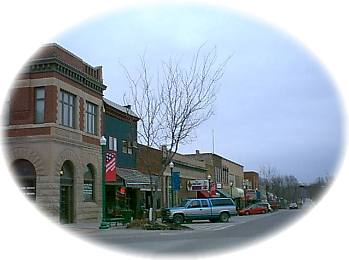
The Ashland Archeological District, registered on the National Register of Historic Places, contains a variety of temporally diverse features, primarily representing late prehistoric (Oneota and Central Plains traditions, A.D. 1000-1400) and protohistoric (some undefined relationship to the post-contact Lower Loup phase) occupations. Presently there is only limited evidence of earlier prehistoric remains (Plains Archaic and Plains Woodland traditions).
Included are house floors attributable to both the Oneota and Central Plains traditions, interior and exterior cache pits assigned to the Oneota, Central Plains, and possibly Lower Loup, as well as burials that probably represent Plains Archaic, Plains Woodland, Oneota, and Central Plains traditions. The Oto tribes and their predecessors that occupied the area around Ashland traditionally buried their dead in mound burial sites. Such sites have been identified and preserved in Mahoney State Park.
Midden deposits have also been defined on the upper ridge occupied by the Oneota remains, as well as on the terrace, where cache pits of possible Lower Loup association were found. The lithic materials found throughout the district suggest that procurement and processing of locally available stone may have been one reason for the concentration of activity occurring in this area over a considerable period of time. Trade materials in the "Lower Loup" area and in one Oneota burial indicate some level of European contact.
Currently the site covers roughly 180 acres along the south bank of Salt Creek.
